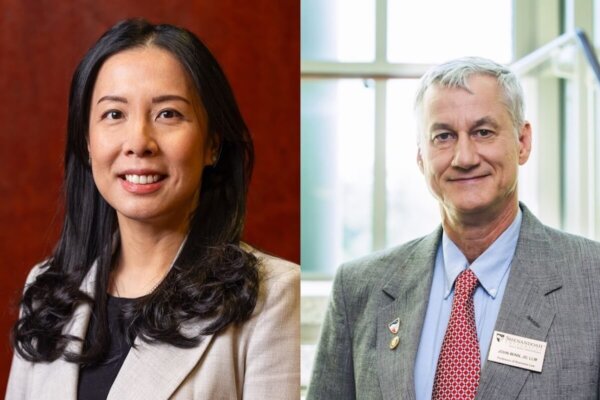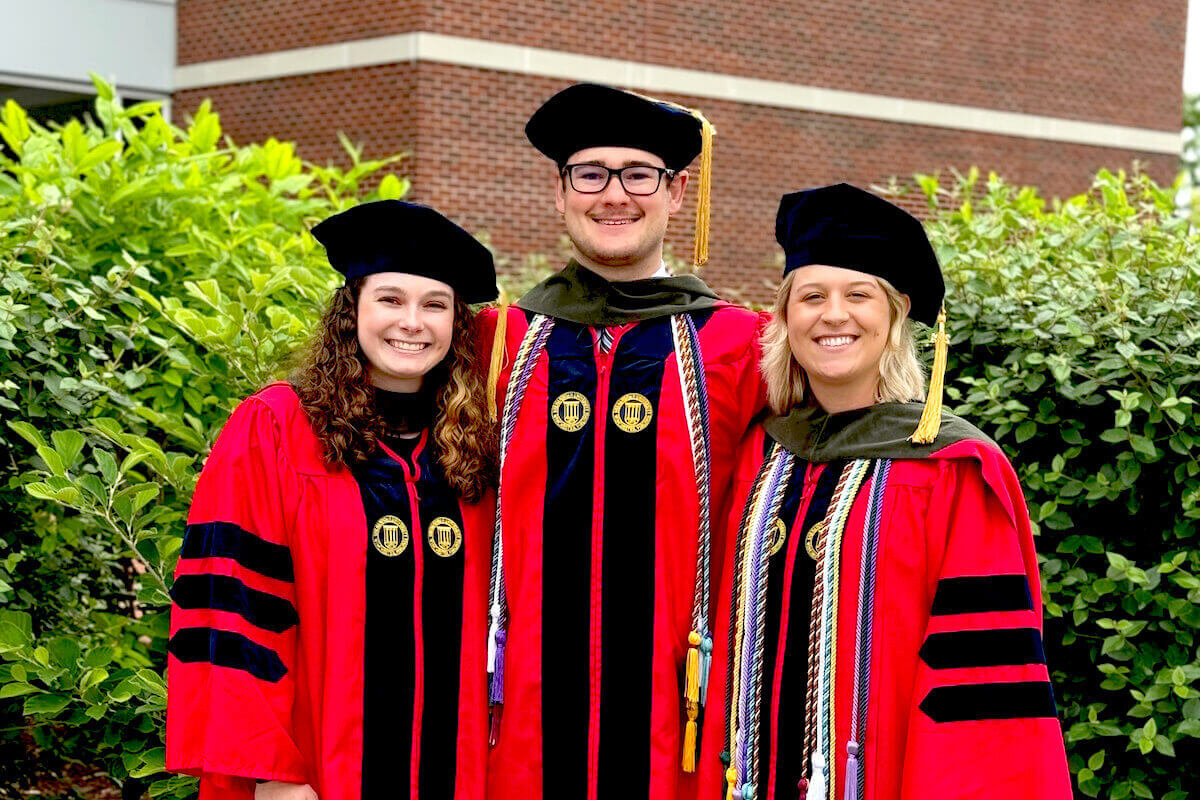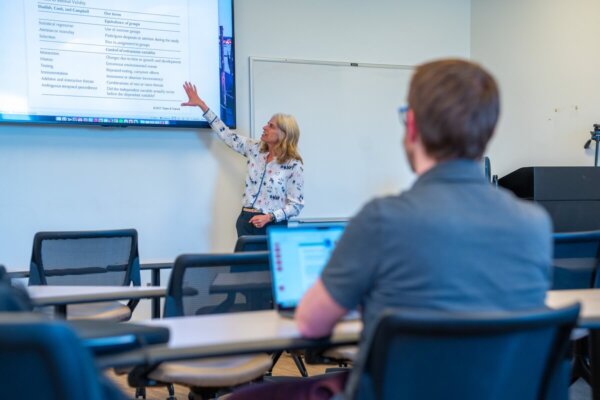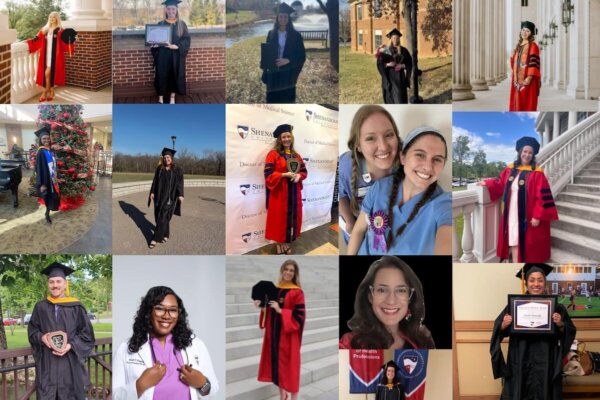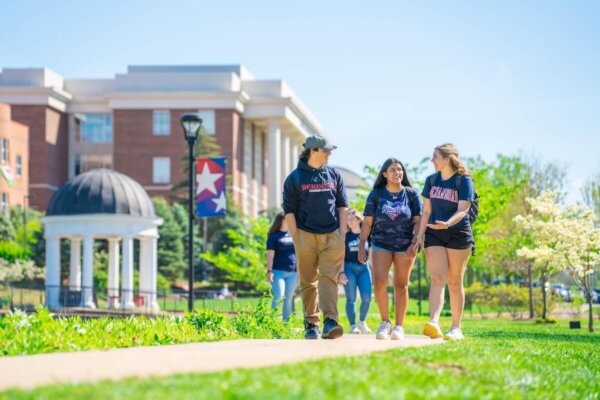Transformative Teaching and Learning Receives Grant to Develop Inclusive Pedagogy Class
Course would teach best practices for inclusion, diversity and equity in the classroom

Transformative Teaching and Learning (TTL) at Shenandoah University recently was awarded a grant from the Professional and Organizational Development (POD) Network in Higher Education that it will use to develop an inclusive pedagogy class to promote equity in classrooms.
Using funds from the Early Researcher Grant, TTL will design, deliver and evaluate an asynchronous course in Canvas to support SU faculty members in their implementation of best practices related to inclusion, diversity and equity, in order to create meaningful and relevant learning experiences for their students. Tentatively titled “Teaching for Belonging,” the course is meant to be a resource for other POD Network members and institutions, as well.
A pilot course is expected to be available for Shenandoah faculty members during the Spring 2023 semester.
This project aligns perfectly with the mission of Transformative Teaching and Learning. Our goal is to inspire the Shenandoah University community in its pursuit of excellence and innovation. The course we create will help instructors foster a sense of belonging in their classrooms which will contribute to student engagement and success.”
Karrin Lukacs, Ph.D., director for Transformative Teaching and Learning and professor of curriculum and instruction
According to the project proposal, data recently collected during a survey distributed by Shenandoah University Assistant Provost for Inclusion, Diversity and Equity Hakeem Leonard, Ph.D., indicated that a majority of SU faculty members are eager to learn more about inclusive pedagogy. More specifically, instructors are interested in doing so in a group of their peers, rather than on their own.
While external development resources for SU faculty are important, the “Teaching for Belonging” course would bridge an important gap in providing the opportunity for faculty members to engage in learning about inclusive pedagogy with their colleagues. Though faculty will be able to access course materials according to their own schedules, “Teaching for Belonging” will incorporate instructor feedback and group discussions and will provide ample opportunities for instructors to participate in different learning communities.
Using data from Dr. Leonard’s survey, TTL determined that in-person workshops on inclusive pedagogy would be insufficient to reach as broad an audience as needed. Based on its previous success using a high-touch asynchronous course on the best practices of online teaching, TTL opted to use a similar approach to inclusive pedagogy.
TTL modeled inclusivity by assembling a design team for the course consisting of an instructional designer, a faculty member, a student and staff member from the Office of Learning Resources, who will represent different schools, majors and offices across the Shenandoah campus.
You don’t often see a new course that has been built by incorporating faculty, staff, and student voices in its creation. This project is not only about the importance of diverse viewpoints to support the community, it models it.”
Karrin Lukacs, Ph.D.
When the design team is in place, the project will move into the research phase in July and August, during which the course design team will explore best practices for inclusive pedagogy. Design of the asynchronous course in Canvas, including development of modules for each best practice, will take place from September through December before the pilot course is ready in January-March 2023. TTL will solicit volunteers to take the pilot course.
TTL will analyze the data collected during the pilot and prepare a presentation for Shenandoah University faculty, staff, administrators and students. Additionally, the project will be shared at the 48th Annual POD Network Conference next fall, and as a course in Canvas Commons for other institutions to use/revise as they see fit.
To learn more about the inclusive pedagogy course, contact Transformative Teaching and Learning at ttl@su.edu.
